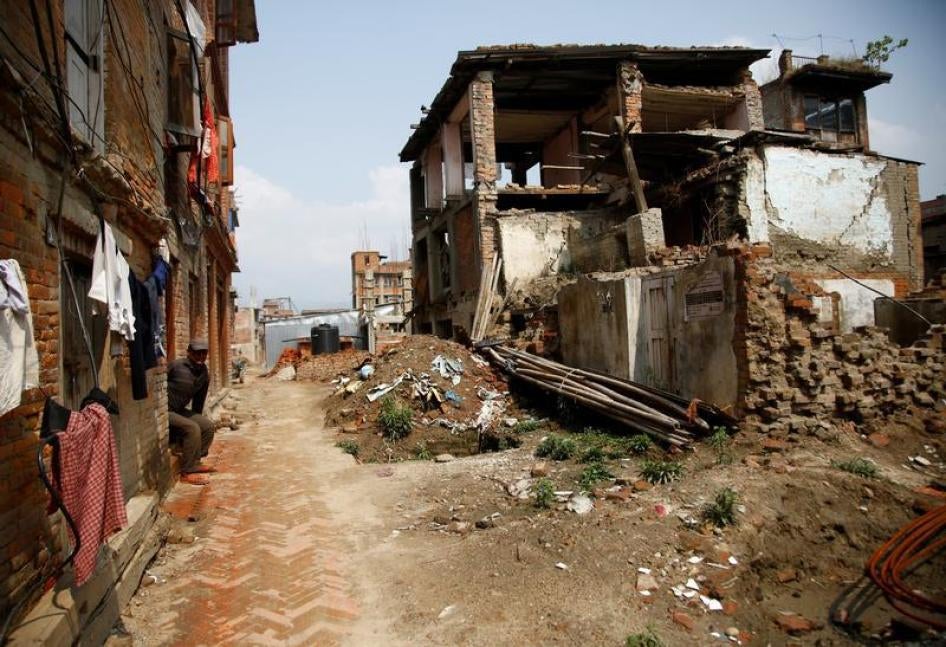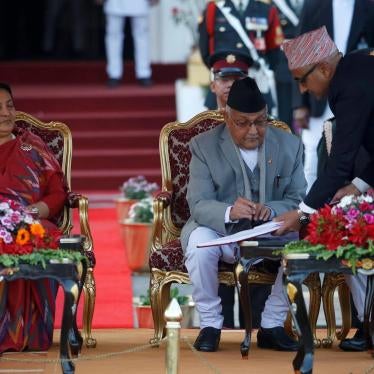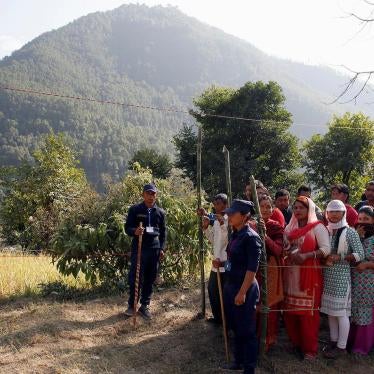Three years have passed since a violent earthquake shattered Nepal, leaving an estimated 9,000 people dead and many hundreds of thousands injured and homeless, yet the country is still far from recovery. In its prioritization of human rights, the government should include adequate support for those devastated by the April 25 disaster.
In 2015, the response in Nepal and among its friends abroad in sending troops and equipment to help with the rescue and emergency relief effort was swift and generous. Such was the kindness of strangers that they also raised billions of dollars in assistance within a few days.
This tremendous outpouring of compassion gave hope that survivors could rebuild their broken lives. But the political leadership of Nepal has failed its people. Mired in wrangling that led to near constant political instability, only 16 percent of the more than US$4 billion donated has been utilized, according to recent official reports. Children remain out of school. Many families are without adequate shelter. Medical facilities, scarce even in the best of times, are even harder to access. An already poor nation leaves its most impoverished citizens without the support that could, and should, be provided because of available resources.
Many families say that they have stopped waiting for the government, which often ties them down in needless and frustrating bureaucracy before releasing funds. Communities are rebuilding schools and homes while officials deny responsibility and instead point fingers at the donor community.
Now, after years of political uncertainty, Nepal has elected a government with a sizeable mandate. The government has made commitments to devolve administrative authority to newly established provincial governments – responding to demands for a federal structure from citizens. The central and provincial governments can start by ensuring that funds are properly allocated to fulfil the rights, and remedy the violations, of those still suffering the effect of the devastating earthquake. Another monsoon season approaches. This time, the survivors should not have to endure it without access to proper shelter and services.









